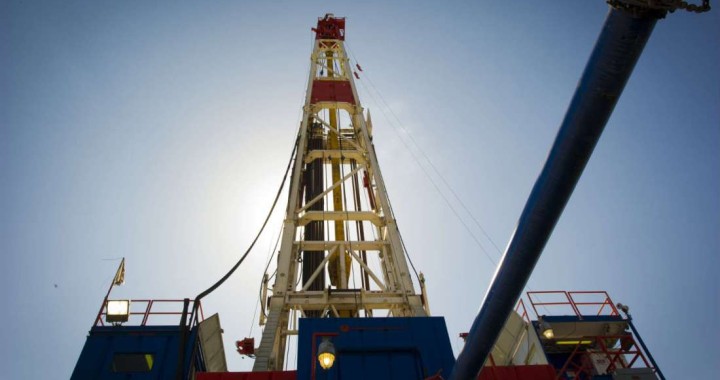A new movement has begun to discount a recent report from the Environmental Protection Agency that concluded that fracking had little to no widespread impacts on nearby drinking water. A panel of 30 people on an EPA advisory board stated that the report itself was “lacking.”
Category Archives: Industry News
Turkish Crisis May Have Long Term Implications for the Flow of Oil Around the World
It’s been just a few, short weeks since Turkish President Recep Tayyip Erdogan put down a failed military coup in his home country. In a decisive show of strength, the man who has been called a ruthless dictator restored order to Turkey with 24 violent hours. The day after the Friday coup, Erdogan prosecuted traitors publicly. Though the country is on its way back towards some kind of normalcy, the impacts of the failed coup are reverberating around the world, and the United States’ oil and gas industry isn’t immune.
What Colorado’s Ballot Proposal No. 78 Means for the Oil & Gas Industry
Last week, the University of Colorado’s Leeds School of Business released findings from a study that investigated the economic consequences of the state’s ballot proposal no. 78. As Cathy Proctor, reporter with the Denver Business Journal, summarized in her recent article, “Ballot proposal No. 78, which calls for expanding Colorado’s existing 500-foot buffer zones around oil and gas operations to 2,500 feet, would be the death knell for an industry already reeling from a two-year bust in commodity prices if approved by voters in November.”
So what exactly would Colorado’s ballot proposal mean for the oil and gas industry?
Fracking Will Not Be a Focus of the 2016 Democratic Presidential Campaign
In spite of the undeniable momentum that his campaign had at times, perhaps it was inevitable that party favorite Hillary Clinton would top Bernie Sanders and take the Democratic nomination for President. As the Sanders’ campaign finally accepted defeat, though, surrender — and Sanders’ highly valuable endorsement of Clinton — would come with a few caveats. In order to get the Democratic Party somewhat healed and ready for a Trump-Clinton face-off, Clinton’s campaign was forced to include a few of Bernie’s talking points in her platform.
Fracking Innovations Ease Environmental Concerns
“For an industry that is driven by innovation, the advent of horizontal and directional drilling paired with hydraulic fracturing has heralded an era of new beginnings and dramatically reduced operational footprint,” says new research collected by the Western Energy Alliance. “Companies are now able to do more with less, minimizing impacts on species and the landscapes they depend upon. Wildlife is truly gaining ground.”





